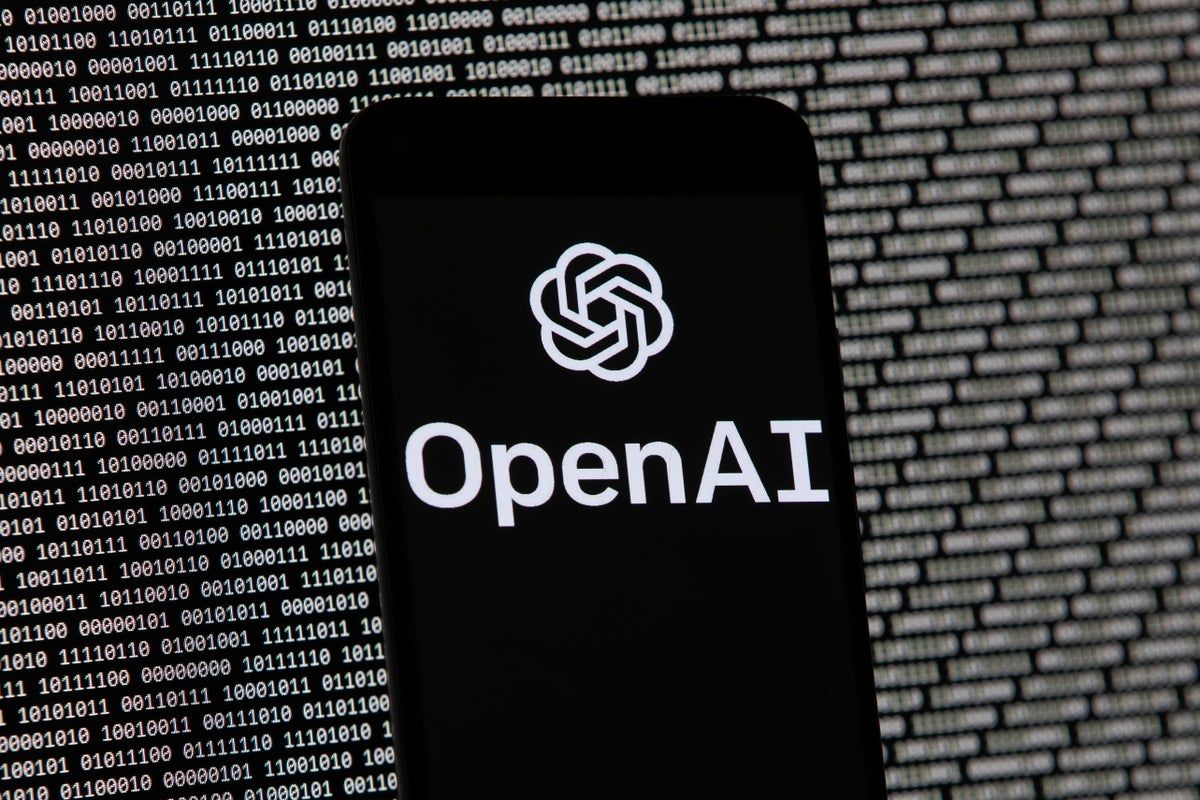Biocomputing: Scientists Grow Mini Human Brains to Power Future Computers
What once sounded like science fiction is becoming reality. Researchers are experimenting with biocomputing, using living cells to create computers. Labs like FinalSpark in Switzerland are pioneering this field, aiming to develop "living" servers that replicate aspects of artificial intelligence (AI) learning while consuming far less energy.
The Rise of "Wetware"
Dr. Fred Jordan, co-founder of FinalSpark, envisions a future powered by biocomputers. While traditional computers rely on software and hardware, biocomputing utilizes "wetware." This involves growing clusters of neurons, called organoids, connected to electrodes to function as mini-computers.
The process begins with stem cells derived from human skin cells, purchased from a clinic in Japan. Donors remain anonymous, and Dr. Jordan emphasizes that the quality of cells is essential, selecting only those from official suppliers.
In FinalSpark's lab, cellular biologist Dr. Flora Brozzi cultivates organoids that resemble tiny white orbs. These organoids, while simpler than human brains, share the same cellular building blocks. After months of cultivation, they can be linked to electrodes and respond to simple keyboard commands, creating EEG-like readouts on a screen. However, their responses remain unpredictable, revealing the many unknowns in this field.
Training Organoids for AI
The long-term goal is to train organoids to learn and adapt to perform tasks. Dr. Jordan explains, "For AI, it's always the same thing. You give some input, you want some output that is used. For instance, you give a picture of a cat, you want the output to say if it's a cat."
The Challenge of Lifespan
Unlike silicon-based computers, biocomputers face the fundamental challenge of survival. "Organoids don't have blood vessels," explains Simon Schultz, professor of neurotechnology at Imperial College London. "The human brain has blood vessels that permeate throughout it at multiple scales and provide nutrients to keep it working well. We don't yet know how to make them properly. So this is the biggest ongoing challenge."
FinalSpark has managed to extend organoid lifespan to around four months. Researchers have observed sudden bursts of activity before death, similar to spikes in brain activity in some humans. Dr. Jordan notes the team has recorded thousands of such deaths and the need to understand the reasons for each death to refine the process.
Beyond FinalSpark: Applications and Perspectives
Biocomputing extends beyond FinalSpark. Cortical Labs in Australia used artificial neurons to play the game Pong in 2022, while Johns Hopkins University studies mini-brains for insights into diseases like Alzheimer's and autism.
Dr. Lena Smirnova of Johns Hopkins emphasizes that wetware is an early-stage technology and should complement, not replace, silicon AI, while also advancing disease modeling and reducing animal use. Prof. Schultz agrees, suggesting, "I think they won't be able to out-compete silicon on many things, but we'll find a niche."
Despite the challenges, Dr. Jordan sees biocomputing as stepping into a science fiction story. "I've always been a fan of science fiction," he says. "Now I feel like I'm in the book, writing the book."
 Visit the website
Visit the website





